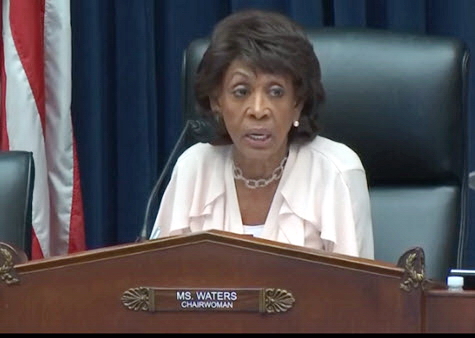A seven-year reauthorization of the Terrorism Risk Insurance Act (TRIA) was approved this week by the House and Senate as part of a year-end funding bill (H.R. 1865). The provision reauthorizes TRIA through 2027, a year ahead of its slated sunset date of Dec. 31, 2020. (TRIA provisions on pages 1233–1236 of the year-end funding legislation).
The measure is part of a massive $1.4 trillion congressional spending deal to fund the government until the end of the fiscal year – Sept. 20, 2020. President Trump is expected to sign two separate funding bills to keep the government open past midnight tonight.
Roundtable Chair Debra Cafaro (Ventas, Inc.) stated, “The Real Estate Roundtable is pleased that TRIA will be extended until 2027. This federal terrorism insurance backstop was enacted following 9-11 and has been extended and reformed several times since. We cannot overstate the valuable safety and liquidity that the program brings to the US economy, businesses of all manner and commercial real estate markets.”
A long-term, “clean” reauthorization of TRIA, well in advance of its expiration, has been a top policy goal of The Roundtable. This was achieved a full year ahead of schedule. (Roundtable background on TRIA)
In addition to TRIA, the omnibus appropriations bill (H.R. 1865) contains several other positive measures affecting real estate. The tax and funding extensions include:
- The EB-5 Regional Center Program, which provides visas to foreign nationals who pool their investments in regional centers to finance U.S. economic development projects. The program would be extended until Sept. 2020. Department of Homeland Security (DHS) regulations that took effect in November presently govern key elements of the EB-5 program regarding investment levels and Targeted Employment Area (TEA) definitions.
- The National Flood Insurance Program. Without the extension, the program’s borrowing authority would have been reduced from $30.4 billion to $1 billion. The program would also be extended until Sept. 2020. (BGov and CQ, Dec. 20)
- Tax measures would be extended through the end of 2020. They include (1) the section 179D tax deduction for energy efficient commercial building property; (2) the section 25C tax credit for energy efficient improvements to principal residences; (3) the section 45L tax credit for construction of new energy efficient homes; (4) the tax exclusion for home mortgage debt forgiveness; (5) the tax deduction for mortgage insurance premiums; and (6) the New Markets Tax Credit;
- The Brand USA program would be extended through fiscal year 2027. Brand USA promotes travel to the U.S. through a public-private partnership that is funded through private-sector donations and funds collected from foreign visitors to the U.S.
This week also saw the House pass legislation (H.R. 5377) that would temporarily raise and then eliminate for two years the $10,000 cap on state and local tax (SALT) deductions, which would be paid for by permanently raising the top individual tax rate to 39.6%. This “messaging” bill is unlikely to be taken up in the GOP-controlled Senate and President Trump has also threatened to veto it.
After a flurry of year-end policymaking amid impeachment proceedings, both chambers of Congress recessed today and will return in early January.
# # #








